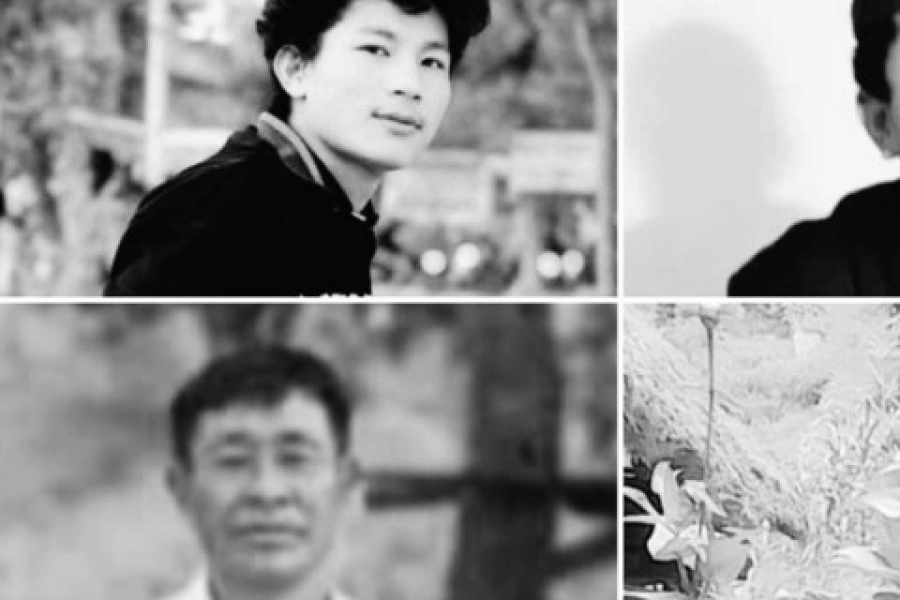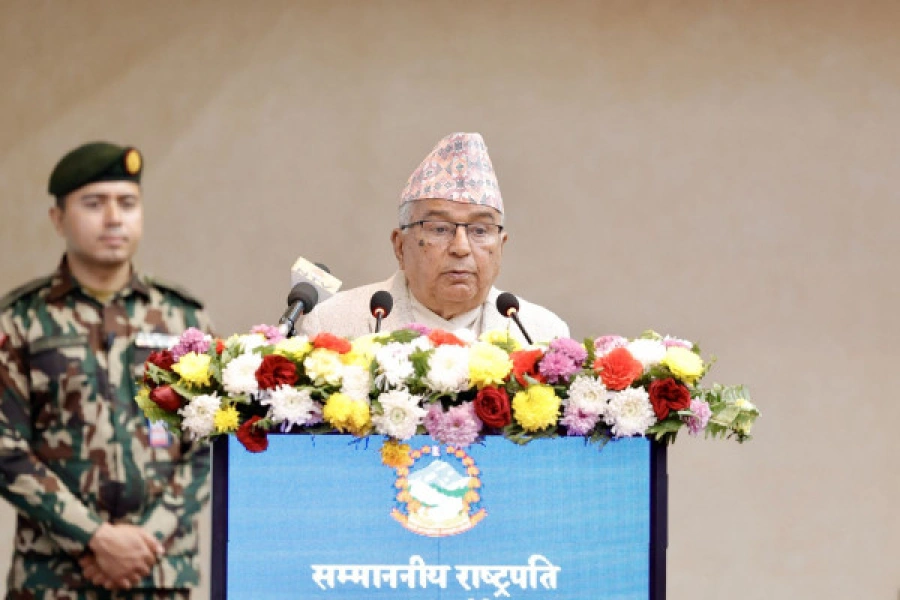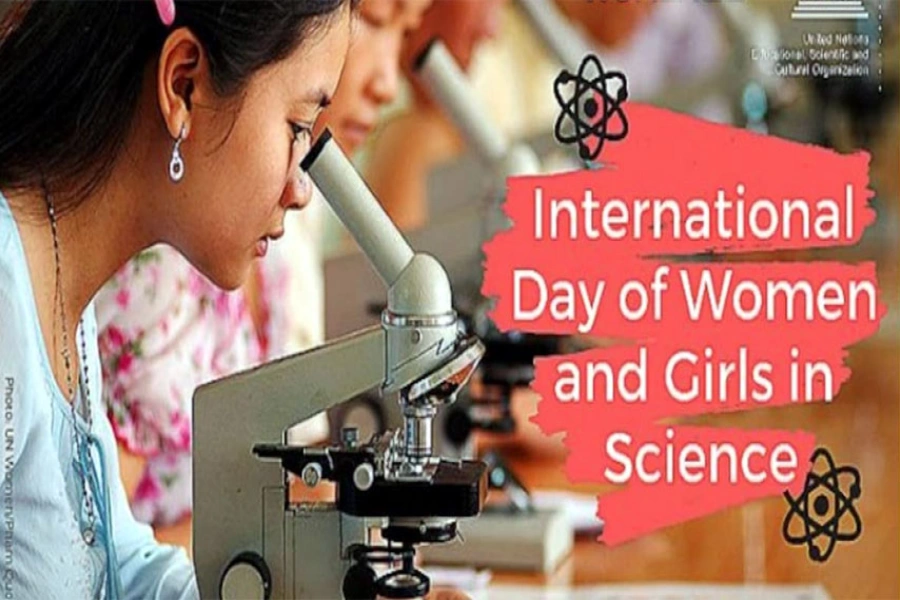In common parlance, to pardon means to forgive a person of his/her offence. The philosophy underlying pardon power is that "every civilized country recognizes and has, therefore, provided for the pardoning power to be exercised as an act of grace and humanity in proper cases, without such a power of clemency to be exercised by some department or functionary of government, a country would be most imperfect and deficient in its political morality and in that attribute of deity whose judgments are always tampered with mercy." The pardoning power is founded on consideration of public good and is to be exercised on the ground of public welfare, which is the legitimate object of all punishments, promoted by a suspension as by an execution of the sentences.The Supreme Court on July 30 issued a show cause notice in the name of the government against the presidential pardon to corruption convict Pradip Jung Pandey, ex-president of the Federation of Nepalese Chambers of Commerce and Industry. Pandey was among 21 convicts pardoned by President Ram Baran Yadav on July 27 on the recommendation of the Council of Ministers. The 21 convicts, including Pandey, were pardoned by the President as per Article 151 of the Interim Constitution. Responding to a writ filed on July 29 by myself, Justice Gobind Kumar Upadhyay issued the show cause notice on July 30 against the Office of the President, Office of the Prime Minister and Council of Ministers, the Ministry of Law and Justice and the Ministry of Home Affairs, who have been asked to furnish their replies within 15 days. The bench, however, refused to issue an interim order as sought by the petitioners. Pandey was sent to jail in a three-decade-old corruption case on March 18 as per a Supreme Court order.
It is true that the government can revoke, pardon or shorten the punishments awarded by the Supreme Court as per the provision of the Interim Constitution. But it is a matter of discussion whether a corruption convict can be granted such an excuse.
By seeking pardon for a corruption convict the government has set an example that the law doesn't apply to the politically connected. The government has exhibited the height of irresponsibility by deciding to grant pardon to Pandey. The Prime Minister, with this decision, has put the country into anarchy. The cabinet has tried to cloak in political garb a severe criminal case, and tried to draw the President himself into the controversy. If this pushes through, it will send the wrong message that corruption convict can go scot free. It will erode the rule of law and the spirit of the constitution.
The cabinet has tried to use a provision in the Interim Constitution under which the President is allowed to act on a government recommendation of pardon to anyone found guilty in a court of law. However, the President too has to protect the constitution. He should have raised questions before putting his signature to the pardon.
Defending the constitution means upholding a Supreme Court conviction, not overturning it. If the executive fails to act on the judiciary's decision on a severe criminal case, the entire justice system will have failed. The move of pardoning Pandey is against the criteria set by the government on presidential pardon as well as other legal provisions as Pandey was punished in a corruption case. It is also against the United Nations Convention against Corruption 2003 (ratified by Nepal in 2011) and the norms of international practice. Nepal is not only a party of this convention but also of most international human rights treaties. According to Article 9 (2) of Treaty Act of Nepal 1990, each treaty will be applicable and can be enforced in court of law only when they are specifically enacted by the Parliament.
The American Constitution gives the President the power to grant reprieves or pardons for offences against the US, except in case of impeachment. However, this power is available only in case of violation of Federal Law. Pardon in the case of violation of a State Law has to come from the Governor of the State concerned. In the UK, the constitutional monarch can pardon or show mercy to a conviction on ministerial advice. In Canada, pardons are considered by the National Parole Board under the Criminal Records Act. In India, the power to grant pardon is conferred upon the President and the Governors of States under Articles 72 and 161 of the Constitution of India. None of the above mentioned countries has the provision of granting pardon in corruption case.
The pardon depicts how the rule of law, democracy, human rights and justice are suppressed and violated in Nepal by political parties. The implications of this decision for the rule of law in Nepal are equally of serious concern. The Interim Constitution has specifically mandated that the Government of Nepal is bound by the decisions rendered by the Supreme Court. Nevertheless, it seems that a cabinet decision is sufficient to overturn a decision rendered by the highest judicial authority, questioning the reality of the independence of judiciary and the balance of power in Nepal.
Needless to say, the decision is also an additional blow to the fundamental democratic principle of equality of all before the law as allegiance to a certain political party is sufficient to be cleared from convictions of corruption. We urge the government to acknowledge its prime responsibility to protect these rights and to withdraw its decision encroaching upon them in violation of its international obligation and national legal obligations. This time, the state apparatus has been mobilized to protect a criminal. So, civil society and human rights activists should strongly oppose this move.
The author is Criminal/ Human Rights lawyer at the Supreme Court of Nepal
roshankumarksl@yahoo.com
When Leninists overreach





































